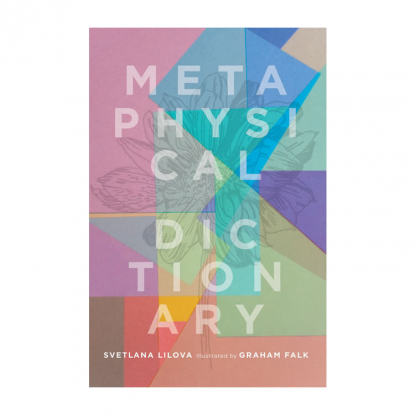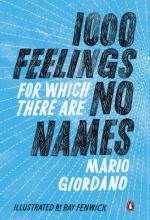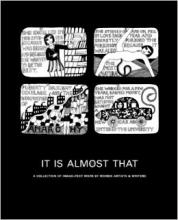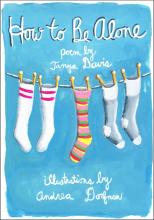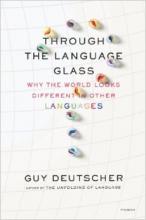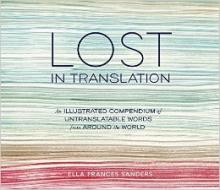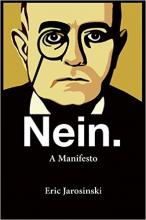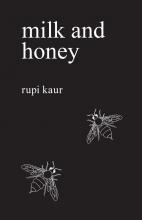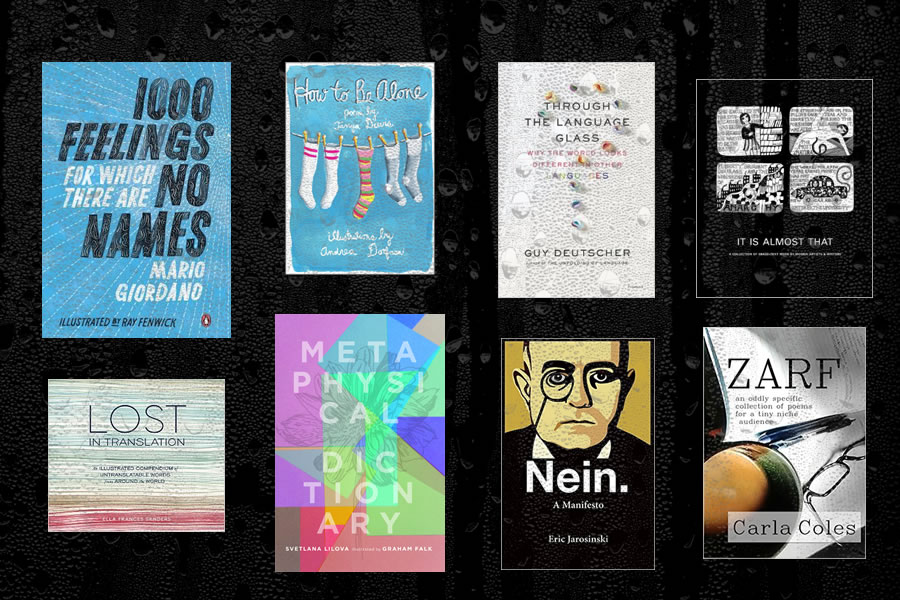
What genre is that poetry book?
Dec 12, 2017Long ago at my university research library, graduate students were allocated little desks with shelves, and were allowed to keep books from the stacks there. Wandering through the library, I would find myself drawn again and again to these tiny collections. The unexpected juxtapositions, the concatenations, the mysterious organizing principle that had brought these titles together: all of these factors made each book more interesting, as a piece of a puzzle, than it would have been if seen alone. The graduate students were curating, of course, but this was long before the charcuterists and beersplainers of the world ruined the term and possibly the very concept.
Booksellers have always understood the power of effective displays, and one of the things we love about our favourite shops is the insight or wit they bring to the simple act of grouping 10 perfect books in a window. Though selling books is a tough business, the bookseller does have one advantage over other retailers. A fashion salesperson might persuade you that a beautiful dress is not, by itself, an outfit, and thus lure you into purchasing what are known in the trade as "add-ons," but eventually either the vendor will run out of add-ons or you will run out of body space. Not a problem in the bookstore, because every book is a potential add-on to every other book, which is surely what Borges meant to say.
What is a genre, then, but an imagined grouping of books, spanning time, space, and languages? Well, it might be all that, but on a much more practical level it is the very first thing a bookseller, librarian, or reviewer wants to know about a new title. So when, as publisher, you're obliged to choose the path your book will take and you find yourself musing about Borges, you know that it's time to stop blue-skying and get on with the pigeonholing.
Which brings us to the case of Svetlana Lilova's Metaphysical Dictionary - the poetry case, to be specific, or POE011000 if you prefer that in BISAC. Although Metaphysical Dictionary is indeed a book of poetry, we found ourselves hesitant to commit it to that genre: it's also a taxonomy of interior states, a compendium of psychologically-minded gists, and an etiology of wounds - a brood of words which are tender to the touch. And where would those possibly belong?
Making sense of the world is what we all do (and in fact the world, in its emotional entirety, could be understood as the sum of all Metaphysical Dictionaries). Writers and artists make a living - or a least a practice - of this sense-making, and we value their work when it expresses a vision we've been trying to articulate all of our lives, but also when it takes us into a subjectivity entirely unlike our own. Subjectivity is the key here: the immersion in a self, whether it is our own experienced as a stranger's, or a stranger's as our own.
In a recent interview, Lilova suggested that her Metaphysical Dictionary "attempts to validate subjective experience as a vital tool for knowing anything." Is that a genre, we wondered? And then we wished we could just stop trying to find the right words, and figure out some other way of indicating what books the Metaphysical Dictionary goes with...

